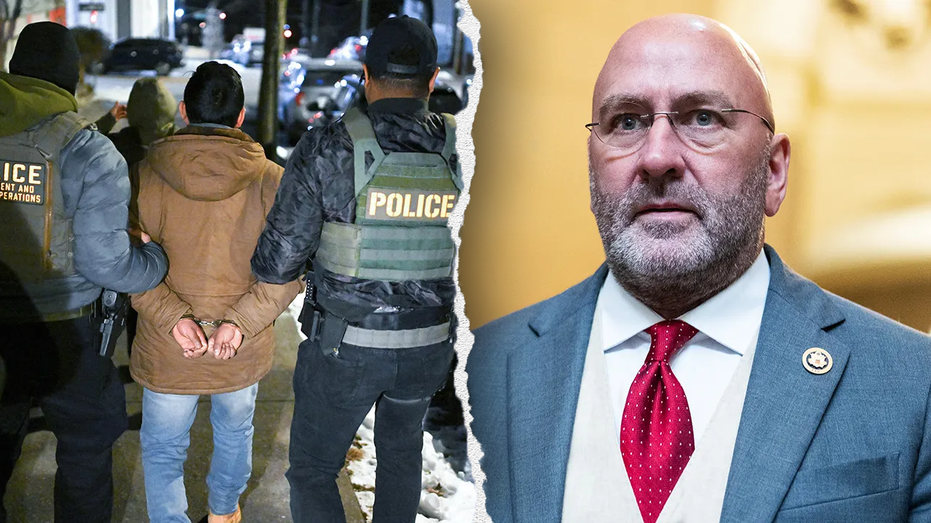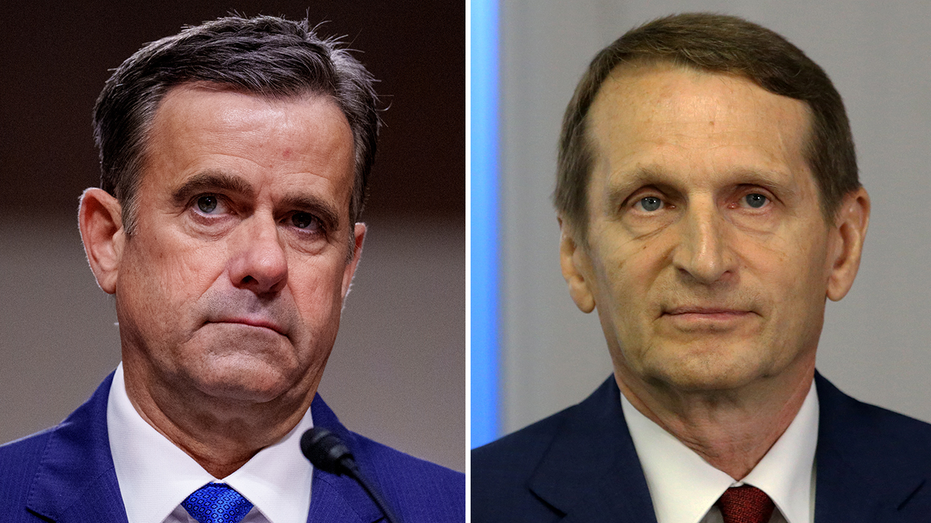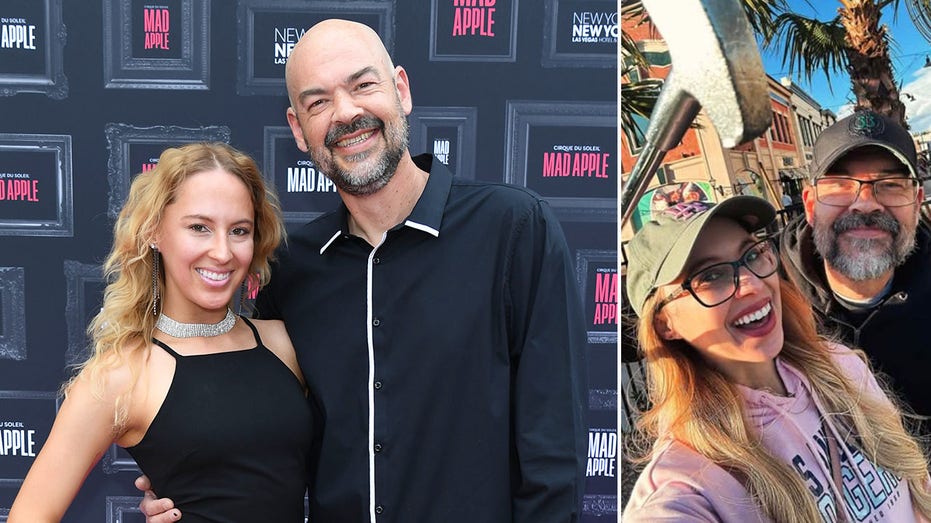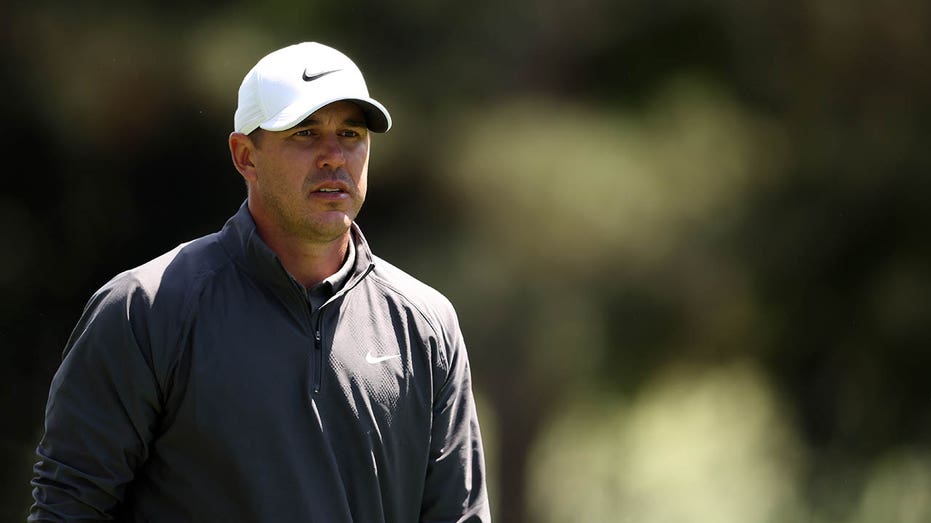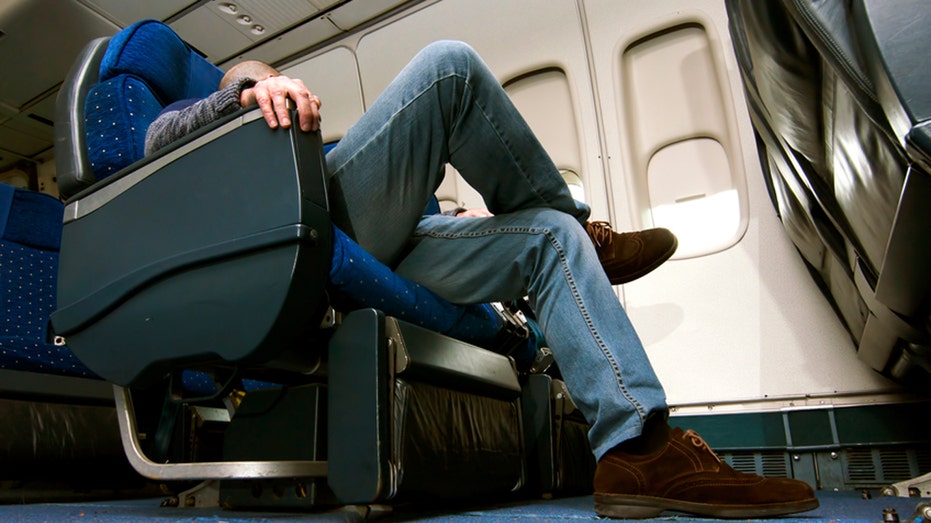- by foxnews
- 13 Mar 2025
Supreme Court appears skeptical of blocking US ban on TiKTok: What to know
The Supreme Court heard TikTok's case to toss out a ban just nine days before it will take effect. The Biden administration defended the measure on national security grounds.
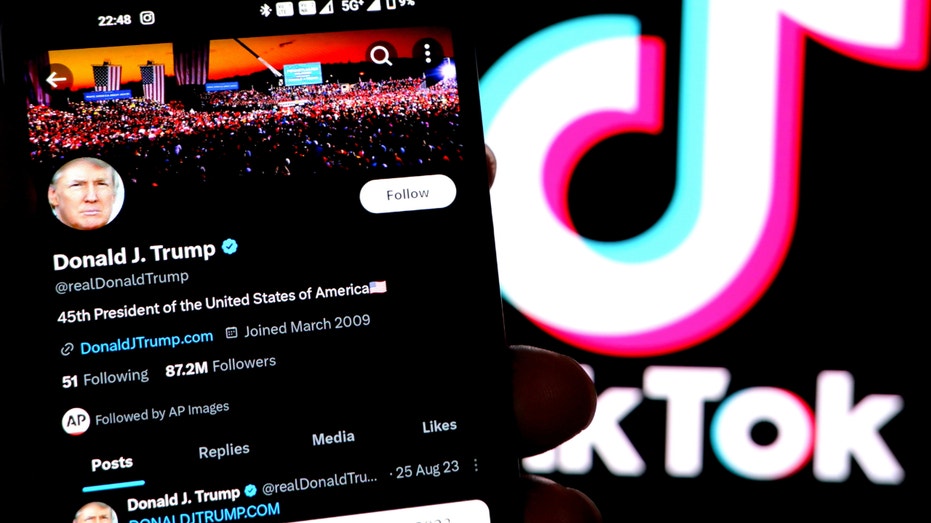
At issue is the Protecting Americans from Foreign Adversary Controlled Applications Act, a law signed by President that passed Congress in April with bipartisan approval. The act gave TikTok either nine months to either divest from its Chinese parent company, ByteDance, or be removed from U.S.-based app stores and hosting services.
On Friday, lawyers for the Biden administration reiterated their argument that TikTok's Chinese ownership poses a "grave" national security risk for American users.
U.S. Solicitor General Elizabeth Prelogar cited risks that China could weaponize the app, including by manipulating its algorithm to prioritize certain content or by ordering parent company ByteDance to turn over vast amounts of user data compiled by TikTok on U.S. users.
"We know that the PRC has a voracious appetite to get its hands on as much information about Americans as possible, and that creates a potent weapon here," Prelogar said. "Because the PRC could command ByteDance [to] comply with any request it gives to obtain that data."
"TikTok's immense data set would give the PRC a powerful tool for harassment, recruitment and espionage," she added.
Earlier in oral arguments when TikTok was presenting its case, justices on the bench as a whole appeared skeptical of the company's core argument, which is that the law is a restriction of speech.
At the conclusion of oral arguments, it remained unclear as to how the Supreme Court might proceed in the matter-though a ruling or order is expected before the Jan. 19 ban comes into force.
The Supreme Court and its 6-3 conservative majority have been historically deferential to Congress on matters of national security.
The divestiture law in question passed Congress last year with strong bipartisan support-as well as the guidance of top Justice Department officials, who worked directly with House lawmakers to write the bill and help it withstand possible legal challenges.
But the argument also comes at a time when President-elect Donald Trump has signaled possible support for TikTok. His attorneys filed an amicus brief last month, urging the Supreme Court to delay the ban until he is sworn in as president.
If the goal of China and ByteDance, through TikTok, is "trying to get Americans to argue with each other," said Chief Justice John Roberts, "I'd say they are winning."
Noel Francisco, TikTok's lawyer, sought to frame the case Friday primarily as a restriction on free speech protections under the First Amendment, which the company argues applies to TikTok's U.S.-based incorporation.
It's a difficult legal test to satisfy in court. But the U.S. Court of Appeals for the District of Columbia Circuit used it last month in considering the divestiture law, and still voted to uphold it-meaning that justices could theoretically consider the case under strict scrutiny and still opt to uphold the law-and the looming Jan. 19 ban.
Justice Sonia Sotomayor noted Friday that the case before them appears to be the first one to be heard by the court centered directly on the ownership of a platform or app, rather than speech.
The liberal justice also questioned whether the court might consider the divestiture requirement under the law as a data control case, not properly a free-speech issue, as TikTok's legal team has sought to frame it.
Weighing the case as a data control case would trigger a lower level of scrutiny- a point that Francisco also acknowledged.
Francisco told justices in oral arguments Friday that the U.S. government has "no valid interest in preventing foreign propaganda," and that he believes the platform and its owners should be entitled to the highest level of free speech protections under the U.S. Constitution.
Francisco told Chief Justice John Roberts that he believes the court should grant TikTok First Amendment protections because it is operating as a U.S.-incorporated subsidiary.
The TikTok attorney was also grilled over the Chinese government's control over the app, and ByteDance's control over the algorithm that shows certain content to users.
Asked by Justice Neil Gorsuch whether some parts of the recommendation engine are under Chinese control, Francisco said no."What it means is that there are lots of parts of the source code that are embodied in intellectual property, that are owned by the Chinese government" and which a sale or divestiture would restrict, he said. "It doesn't alter the fact that this is being operated in the United States by TikTok incorporated."
Unless justices intervene, or TikTok's owners agree to sell, the app will be barred from operating in the U.S. by Jan. 19.Oral arguments center on the level of First Amendment protections that should be granted to TikTok and its foreign owner, ByteDance.
This is not the first time the Supreme Court has grappled with whether full First Amendment protections should be extended to foreign speakers. In previous cases, they have ruled that speech by a foreign government or individuals is not entitled to the full protections.
The Biden administration, for its part, will argue that the law focuses solely on the company's control of the app, which attorneys for the administration argue could pose "grave national security threats" to Americans rather than its content.
The court's decision could have major ramifications for the roughly 170 million Americans who use the app.
Justices agreed in December to hold the expedited hearing and will have just nine days to issue a ruling before the ban takes place on Jan. 19.
- by foxnews
- descember 09, 2016
Flight passenger shares 'infuriating' moment when man intrudes on her leg space: 'Please don't do this'
A traveler says a fellow passenger intruded on her space on an airplane. Social media users reacted to the post, with some referring to it as a "manspreading" moment.
read more